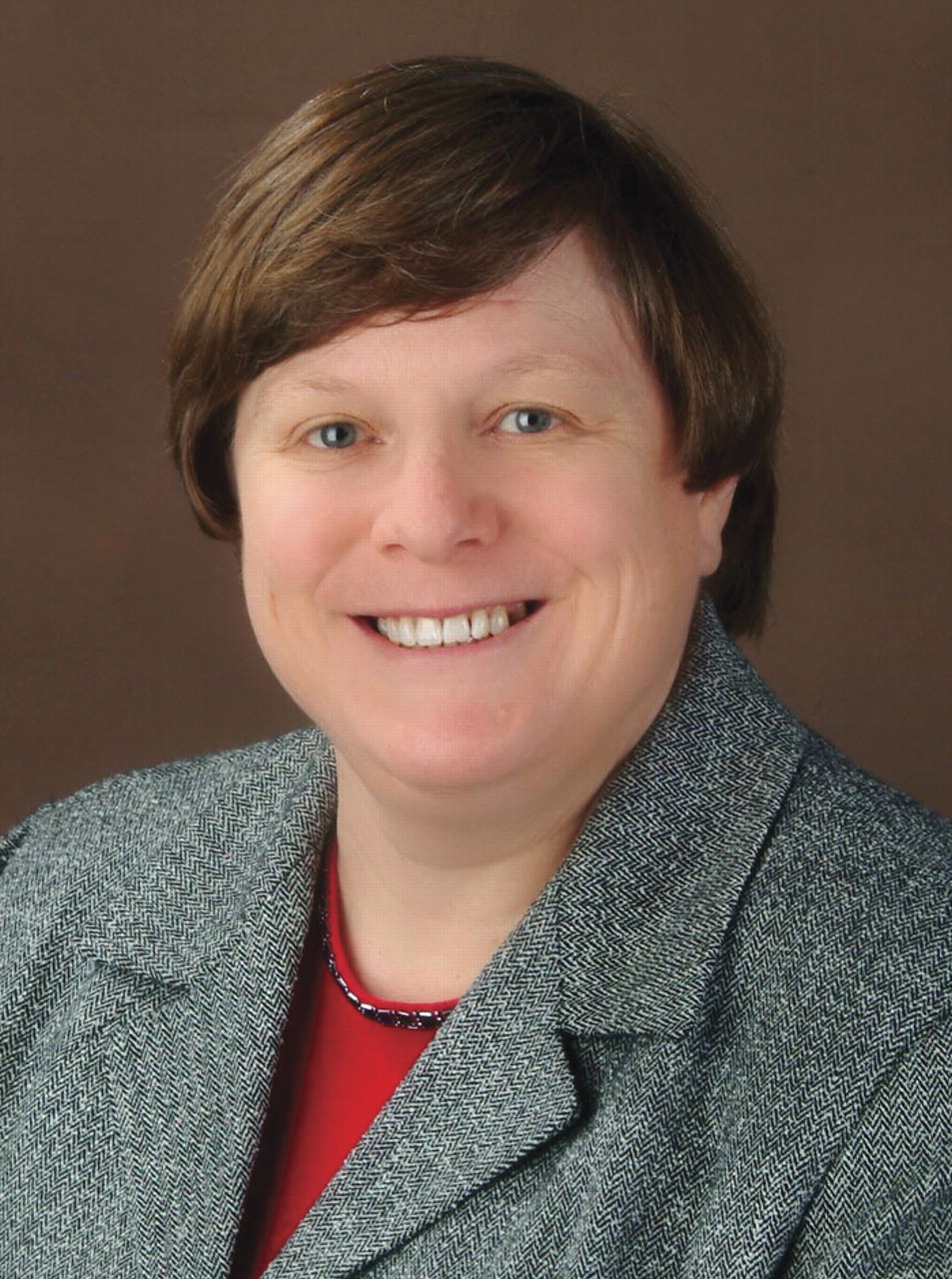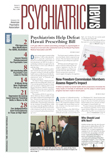Years of being on call 24 hours a day, seven days a week finally took their toll on psychiatrist Joan Dickson, M.D., R.N. Dickson and the Glendive Medical Center in Montana cannot agree on terms for her future employment and have agreed to part ways in June, leaving an area the size of Rhode Island without a psychiatrist.
Theirs may be the story of just one psychiatrist and one medical center, but it reflects a larger tale of the precarious status of mental health services in rural areas.
“This is a matter of personal choice and professional sanity,” Dickson told Psychiatric News. “I'm the only psychiatrist in 17 counties, and I get two or three calls a night, every night, from emergency departments about one of my patients or other psychiatric cases.”
It is common to be the only psychiatrist in remote regions, said Satya Chandragiri, M.D., of Salem, Ore., the last chair of APA's Caucus of Rural Psychiatrists, which has been inactive for the last two years. “You can't avoid being on call. Burnout is a serious problem in rural areas because there's just not enough support. You need to have the right attitude and multidisciplinary teams with people like nurse practitioners and case managers.”
Practicing psychiatry in Glendive is challenging, Dickson said. Professional boundaries are hard to maintain; there are no colleagues across the hall or even across town to consult with. “I had to do a lot of educating of the medical staff, center personnel, and patients about what a psychiatrist does,” she said. Part of her original agreement to work at Glendive included purchase of an ECT machine.
Dickson now works 4.5 days a week, practicing both psychiatry and family medicine. She would like to cut back to 3.5 days a week and have the medical center hire another psychiatrist and midlevel professionals such as physician assistants or nurse practitioners to cover part of the on-call work.
The medical center wants her to go to five days a week, be on call regularly for general medical problems, and remain on call around the clock for psychiatric emergencies, she said. “I don't need to drive myself to the brink of exhaustion.” She said she follows about 500 active patients. Officials at the Glendive Medical Center did not return several calls asking for comment.
Officials at the center told her that the main issue in the disagreement is financial. They said that her practice has lost $238,000 over the last three years, according to Dickson. She doesn't doubt that figure. Lack of insurance and many Medicaid and Medicare patients mean that her services are reimbursed at only 25 cents on the dollar, she said. Montana ranks first among the states in the percentage of Medicare beneficiaries residing in rural areas (76 percent compared with 23 percent nationally).
The Glendive crisis comes as no surprise to Ann Rathe, M.D., co-director of High Plains Psychiatric Associates in Billings and president of the Montana Psychiatric Association.“Her requests are not unreasonable,” said Rathe. “We're all overburdened. It's difficult to practice frontier psychiatry.”
She knows Dickson and is already getting calls from some of her patients looking for follow up after June. Local mental health personnel are worried about the aftermath. Services in the region are slim. There are two psychologists, a pair of social workers, and a licensed counselor with an associate's degree.
The need is there, however. Montana has ranked second in recent years in the death rate by suicide (19.3 per 100,000 population) and seventh in the percentage of population lacking access to mental health care (41.6 percent), according to the state's Office of Rural Health.
Glendive Medical Center spent several years looking for a psychiatrist until Dickson was hired, Rathe recalled. In fact, it's hard to recruit a psychiatrist anywhere in Montana, she said. Whoever replaces Dickson will still be the only provider, four hours by car from the nearest colleagues in Billings. Rathe finds the current impasse disturbing.
“They could have her for 70 percent of the time rather than no one for two or three years while they look for her successor,” said Rathe.
Employers may spend $20,000 to $30,000 and several years trying to recruit a rural physician, said Chandragiri. Salaries are not as high as in metropolitan areas, so other incentives, like loan forgiveness or beautiful scenery, become important recruiting tools. “You can't practice in rural areas like you do in Manhattan,” he said.
Dickson would seem like the ideal rural doctor. She grew up 150 miles north in Scobey, Mont., although she took a winding road to psychiatry. After high school, she worked as a carpenter and truck driver before becoming an emergency medical technician and then a nurse. She went to medical school as part of the Washington, Wyoming, Alaska, Montana, Idaho partnership, which directs students from Western states without medical schools to the University of Washington. She did her residency in West Virginia and is board certified in family practice and psychiatry.
Once she finishes working at Glendive, Dickson plans to take some time off, then find a job as a psychiatrist in Billings or at another site in eastern Montana, she said. ▪

